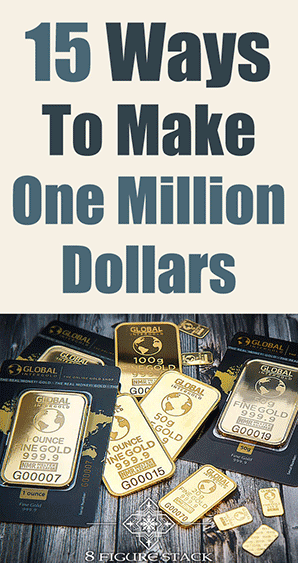Gold and Silver in Myth and Folklore
Share this page:
Gold and silver have always held a place in human history as two metals that have shaped and destroyed civilizations. Since ancient times, gold and silver have always been given innate value due to their amazing qualities like its resistance to corrosion and tarnishing. It is often attributed many supernatural or occult properties by several religious practices and folkloric belief all across the globe. Despite the variance in culture, religion, or race, gold and silver have always been attributed to certain deities, and was conferred specific deistic properties as embodied by the metals themselves. To this day, there is still a certain superstitious belief that haloes gold and silver, which is why their value is not only inherently monetary, but something far deeper that extends to the inner recesses of our subconscious.
Gold and silver play a prominent role in ancient symbolism, legend, and folkloric belief, with mentions of the two metals all but rampant in ancient literature from varying nations. Greece, India, China, Germany, as well as many other nations of old have myths and legends regarding gold and silver that have survived and have been adapted to the general superstitions of this day and age. For the Greeks, gold was a metal that was precious to the gods – so precious that they were sometimes garbed in spun gold. The mention of gold in Greek mythology is also very commonplace, from the Golden Fleece stolen by Jason which possessed the power of resurrection, to the Golden Apples of Heperides guarded by the hundred-headed dragon Ladon which also conferred to whoever ate it immortality,[1] to Helios’s golden cup that allowed the possessor to travel vast distances,[2] gold has always been associated with the eternal, the unending, and the incorruptible and all-encompassing powers of the divine. Due to its color and luster, gold was, and still is associated with the sun and the sacred masculine. Mythological and legendary mentions of gold are not limited to Greek literature however, as the Bible and many other religious texts mention gold – the Bible itself at least four hundred times[3]!
Silver is also replete in ancient literature, with attributed magical properties that to this day is still believed by many cultures and individuals. Silver is commonly attributed to lunar deities, hence its alchemical moniker ‘LVNA’. Likewise, it is also attributed to the sacred feminine, as many lunar deities were goddesses. Silver has long been believed to be a metal that conferred protection against evil and bad luck. The now notorious belief in the powers of a silver bullet – cliché in werewolf and vampire movies beyond count – took root in the folkloric idea that silver had been vested the ability to ward off evil spirits due to its associations with the moon. While the idea that silver wards off vampires is thought to be Christian, the use of silver as a means to deter or ward off evil exists in Islamic, Hindu, Egyptian, and Eastern European cultures as well. In Greek mythology alone, silver is mentioned just about as often as gold, the most notable being the silver-tipped bows and lances of the Goddess Artemis. The belief in the holy powers of silver didn’t escape the notice of people, as even Cardinal Richelieu himself was said to have had commissioned weapons made of silver. In Eastern European folklore, silver coins are supposed to be buried on the pillars or foundations that support a house that is being built to ensure that the inhabitants of the household shall never be in want. Silver was also reputed to be able to detect poisons, as it was supposed to change color on contact with a poisonous item. This belief became so widespread that entire sets of silver dining ware became commonplace at one time or the other, lending the same silverware to any such items (whether genuine or otherwise) to this day.
The belief in the powers of these two ancient metals not only confirm their general worth as currency and as items that are salable, but it also reflects their cultural worth – a prize worth far more perhaps than all the gold and silver in the world combined.
Gold and Silver in Myth and Folklore - References:
[1] http://en.wikipedia.org/wiki/Hesperides
[2] http://en.wikipedia.org/wiki/Helios
[3] http://www.alltribes.com/kcenter/sterling-silver.html

Disclaimer - None of the contents of www.coinandbullionpages.com ("this website") are recommendations to buy or sell. While every care was taken in the preparation of this website and its contents, no guarantee is made as to the suitability of this website for any purpose whatsoever, nor of the accuracy, timeliness or usefulness of its information. This website is provided for general information and entertainment purposes only and the information provided on this web site should not be seen as, nor as a substitute for, legal, business or investment advice. The website's owner specifically disclaims any and all liability arising in conjunction with the use of the materials / information herein.



